Emergency of 1975
Economic Issues
- India support to Bangladesh’s liberation caused serious repercussion on India’s foreign exchange reserves
- Consecutive monsoon failure in 1972 & 73 affected India food grains availability and fuelled prices.
- Large scale unemployment and economic recession led to industrial unrest and wave of strikes in different parts of country which culminated in All India railway strike in May 1974.
Tussle with Judiciary
- Union government under the leadership of Indira Gandhi amended the constitution in the Parliament that it can abridge Fundamental rights while giving effect to DPSPs.
- Later, In Kesavananda Bharti Case, the Apex Court ruled that there are some basic features of the constitution, which can’t be amended.
- Furious with SC judgment, Union Government changed the long term precedence of appointing senior most judges in SC as Chief Justice.
- In 1973, the government set aside seniority of three judges and appointed Justice AN Ray as Chief Justice of India.
- Allahabad HC, while hearing the plea of socialist leader Raj Narain on the validity of victory of Indira to Lok Sabha ruled in his favour and set aside her victory and ruled her election invalid on the grounds of abuse of power. However, SC later granted stay [partial] on this order and allowed her to remain MP.
JP Movement (Total Revolution)
- The students of Gujarat protested immensely in 1974 against the rise in prices of food-grain, cooking oil & other essential commodities, later joined by the political parties too.
- Police administration replied with excessive force, indiscriminate arrests & used lathi charge. Later union government dissolved the assembly and announced new elections to the assembly.
- Inspired by the efforts and success by Gujarat student’s movement, similar agitation was initiated in Bihar by students in March 1974.
- Jayaprakash Narayan came out of his political retirement & provided the perfect leadership to these students.
- He gave a call for “Sampooran Kranti” (Total Revolution) against the immense corruption, to defend democracy from authorization personality of Indira Gandhi.
- During the JP Movement, people set up parallel governments all over the state, didn’t pay the taxes etc.
- JP Movement attracted wide support from students, middle classes, traders, and a section of the intelligentsia.
- The JP Movement also got the backing of nearly all the non-left political parties.
- However, by the end of 1974, JP Movement’s fervor got down because of absence of organizational structures of the movement.
- Most of his student followers resumed their classes.
- The movement had failed to attract the rural and urban poor both in Gujarat and Bihar.
Imposition of Emergency
- Due to SC’s partial stay on earlier order, all the political parties under leadership of Jayaprakash Narayan, demanded her resignation on moral grounds.
- Indira Gandhi resisted such demand & in response declared a state of emergency in 1975 on the grounds of threat of internal disturbances, invoking article 352 of constitution.
- The Union Government misused its powers –
- Electricity of the newspaper houses got disconnected, leaders of opposition parties were arrested.
- Government curtailed the freedom of press via “Press censorship” and made it mandatory to get its approval before publishing it.
- Protests, strikes and public agitations were not allowed.
- Fundamental right of constitutional remedies to move the court for restoring their FRs got suspended.
- Religious and cultural organisation like RSS, Jamait-E-Islami was banned on the apprehension of disturbance to social and communal hormony.
- Government misused the provision of preventive detention, arrested the political workers of opposition parties.
- Torture and custodial deaths occurred during Emergency, arbitrary relocation of poor people, imposition of compulsory sterilization to control population.
Impact of Emergency
- Due to such harsh conditions during emergency regime, people who were awarded with honours like Padma shri and other awards returned these honours in the protest against suspension of democracy.
- Due to the abuse of power during the period of emergency, the leaders had realised that such measures well subvert the rule of law and democratic institutions.
- Therefore, post emergency, they had ensured that such declaration of emergency, should not happen again and put stringent restrictions on declaring the emergency.
- The preventive measures restored the people’s faith in democracy and political leaders too adhered to such conditions and since then they never attempted to undermine the democratic framework.
- Hence, we have not seen any instance of declaration of emergency and after 1977 democracy flourished in India in true sense.
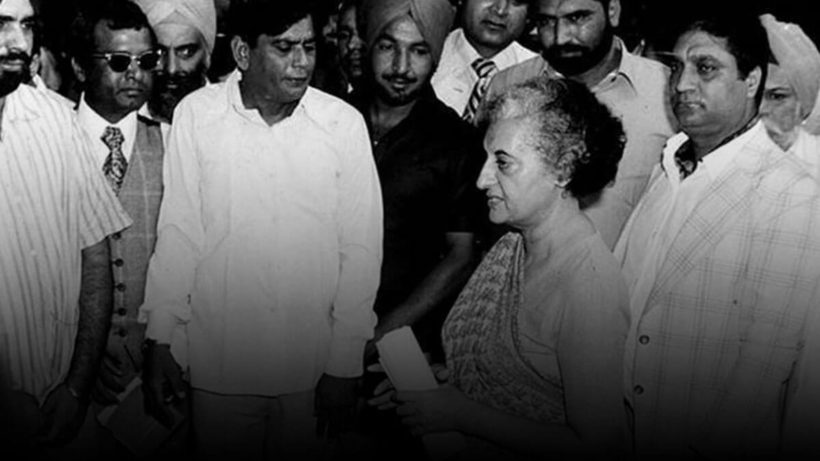

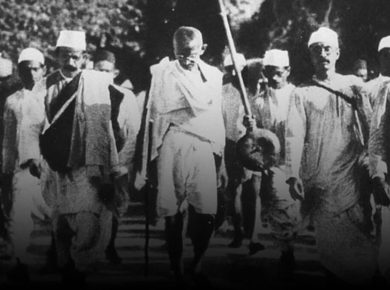
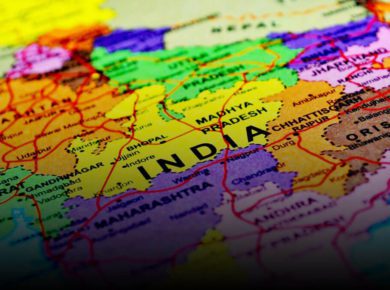
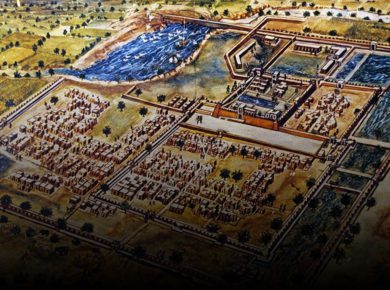
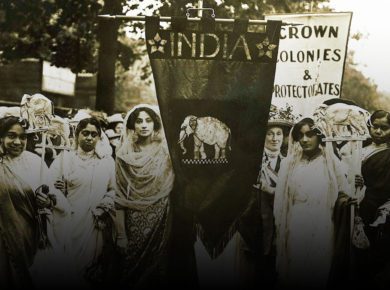
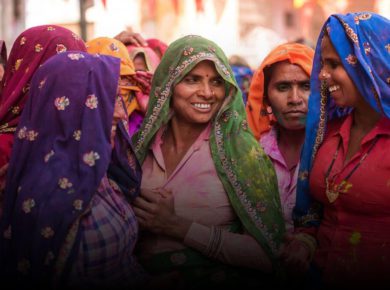

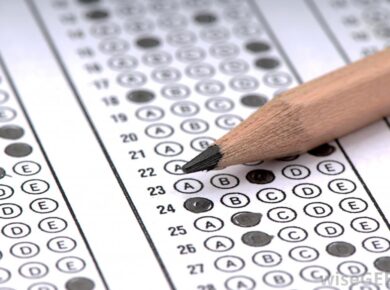
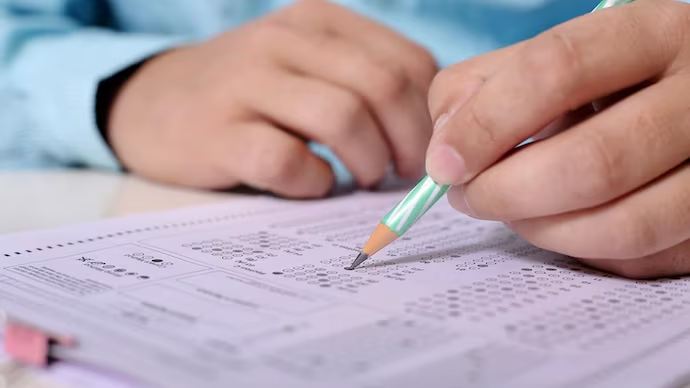
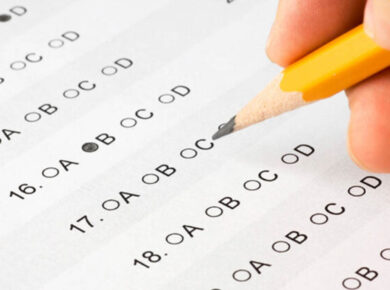
1 comment
Nice article and useful information shared thanks.